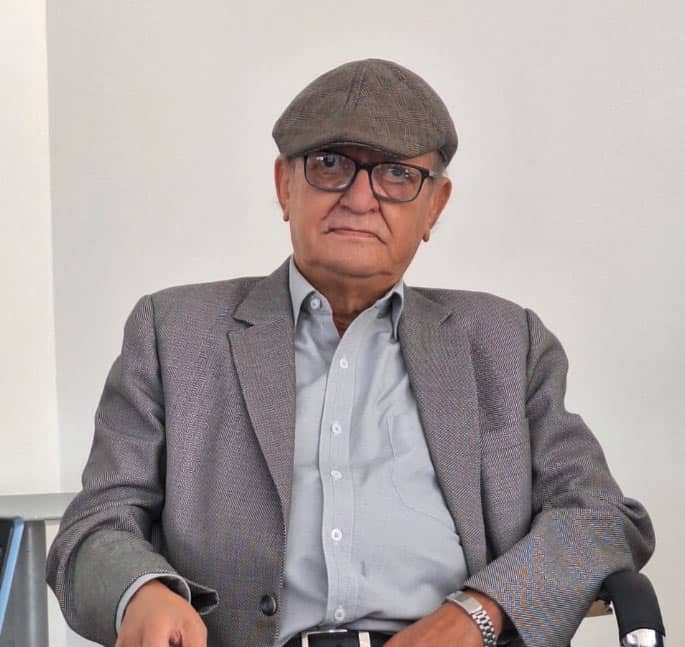By Elio Villaseñor G.
“Alone we can do so little; together we can do so much.”
(Helen Keller, activist and writer)
On July 24, 2023, the United Nations (UN) General Assembly approved the proposal of 13 countries, including Mexico, to declare October 29 as the International Day of Care and Support. Globally, women perform 76.21% of unpaid care work: 21.71% of women and only 1.51% of men perform it full-time.
The purpose of this commemoration is to recognize the fundamental role of caregiving in social well-being and its impact on human and economic development. In Mexico, the National Survey on Time Use (ENASIC 2022) by INEGI reveals that 321% of people over the age of 15 (31.7 million) have provided care; of these, 75.1% are women and 24.9% are men. The survey indicates that in 2022, unpaid domestic and care work was estimated at 6.4 trillion pesos, equivalent to 27.6% of the country's GDP; of that total, women contribute 20.6% of that total.
The UN initiative highlights these tasks, performed primarily by women and girls, who have historically taken on unrecognized and unpaid jobs, reflecting the deep gender inequalities in the distribution of labor and the value attributed to it. In Mexico, 26.51% of women caregivers report being unable to work or earn their own income. Furthermore, they spend 1.5 times more time on caregiving tasks than men: 37.9 hours per week compared to 25.6 hours (ENASIC 2022).
The International Day of Care and Support aims to raise awareness about the importance of care and its essential role in gender equality and the sustainability of our societies. It also calls for investment in a resilient and inclusive care economy, developing strong and sustainable care systems.
In Mexico City, Mayor Clara Brugada has launched the Public Care System, a pioneering effort to eliminate inequalities and build a city that values and supports those who care for us, primarily women.
During this six-year term, his administration plans to create 200 public laundromats, 200 community kitchens, and 200 childcare centers distributed across the 16 municipalities, many of them located in the 100 planned UTOPIAS.
In addition, the "From the Cradle" and community nursery programs were announced, along with financial support for caregivers.
The annual investment of 10 billion pesos underscores the financial commitment to this system, transferring to the State a significant portion of the responsibility for care, which traditionally falls on women.
It is essential that these proposals not be limited to government actions for citizens, but rather become processes that strengthen the social fabric and foster community solidarity. In various communities, there are already experiences of self-management, mutual aid, and social cooperatives that can serve as a model.
Integrating these efforts between communities and government will strengthen shared responsibility for caregiving and foster social cohesion and autonomy. This will allow for the construction of an inclusive and resilient model in the face of social, cultural, and economic challenges, rather than one that is merely functional.
The implementation of public care and support policies, coordinated between the government and communities, can transform public capital into sustainable actions that empower all stakeholders, especially caregivers. The goal is to give them a voice and participation in an inclusive care economy that transforms the lives of those who silently perform this work, dignifying their work and advancing substantive equality in terms of gender and social well-being.
Finally, public resources must be transformed into actions that strengthen and empower stakeholders in care systems, building a more just and supportive society for all.
To delve deeper into the topic, this edition features reports from three events focused on the Care System in Mexico. This report is enriched by the analysis "Youth as a Driver of Change: The Role of Youth in the Public Care System in Mexico City," authored by Fernanda Monserrath. On this subject, experts Erika M. Macedo and Silvana Carranza highlight their perspective in their analysis "The Importance of the Role of Youth in the Comprehensive Care System in Mexico City." The "Youth in the World" section features contributions from the 5th Annual Convention of the Global Network of Young Opportunities, held in Pune, India. These include an overview of the event organized by the Lighthouse Communities Foundation, as well as the experiences from this international forum shared by Tania Gayosso and Dayron Daniel Escorcia.






